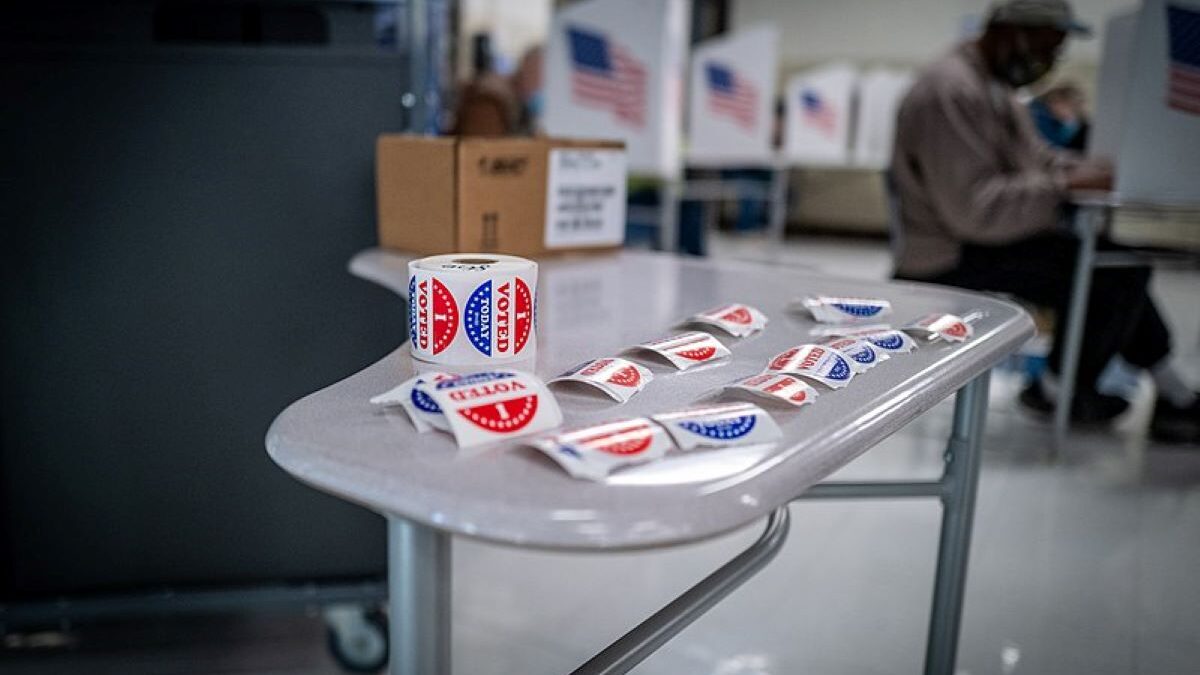
South Dakota and Montana have joined a growing number of states working toward banning the use of ranked-choice voting (RCV) in elections.
On Wednesday, the South Dakota House of Representatives passed SB 55, which stipulates that the state’s board of elections “may not authorize” and political subdivisions “may not adopt or enforce” in any manner “a rule, resolution, charter provision, or ordinance establishing” a ranked-choice voting system. Having already passed the Senate in a 31-4 vote, the bill now heads to the desk of Republican Gov. Kristi Noem for signature.
“South Dakota has already spoken. It definitely doesn’t want ranked choice voting, so let’s close the door on it forever anywhere in South Dakota,” said bill sponsor and GOP Sen. John Wiik prior to the House’s vote on the measure. “It’s a bad fit for our small state now and forever in the future.”
In Montana on Monday, state legislators on the House State Administration Committee passed a similar bill (HB 598), which would prohibit the use of RCV “to determine the election or nomination of a candidate to a local, state, or federal office.” The bill now awaits a final vote from the House.
Under RCV, voters rank candidates in order of preference. If no candidate receives a majority of first-choice votes in the first round of voting, the last-place finisher is eliminated, and his votes are reallocated to the voter’s second-choice candidate. This process continues until one candidate receives a majority of votes.
While Maine and Alaska are the only two states that employ such a system, the results from their elections since implementing RCV have produced outcomes that contradict the will of voters. In Maine, for example, then-incumbent GOP Rep. Bruce Poliquin lost to Democrat Jared Golden during the 2018 midterms, despite Poliquin winning the most votes in the first round of voting — an outcome that was due to the state’s ranked-choice voting system.
Similarly, in Alaska, Democrat Mary Peltola won the state’s at-large congressional seat last year even though “nearly 60 percent of voters cast[] their ballots for a Republican.” RCV also played a major role in helping Alaska GOP Sen. Lisa Murkowski fend off a challenge from former President Donald Trump-backed Kelly Tshibaka during the 2022 midterms. The system allowed Murkowski to win due to being listed second on a majority of Alaska Democrats’ ranked-choice ballots.
In addition to South Dakota and Montana, North Dakota and Idaho are also considering legislation that would ban the use of ranked-choice voting in their elections. The Republican National Committee disavowed RCV in its meeting last month.








